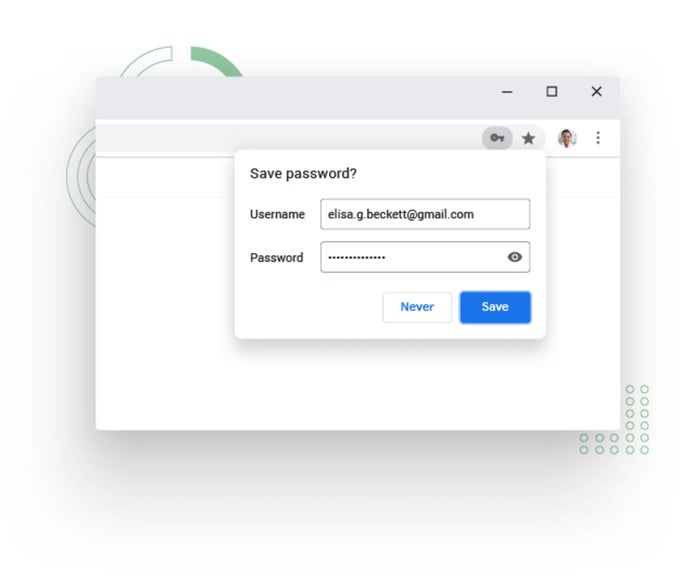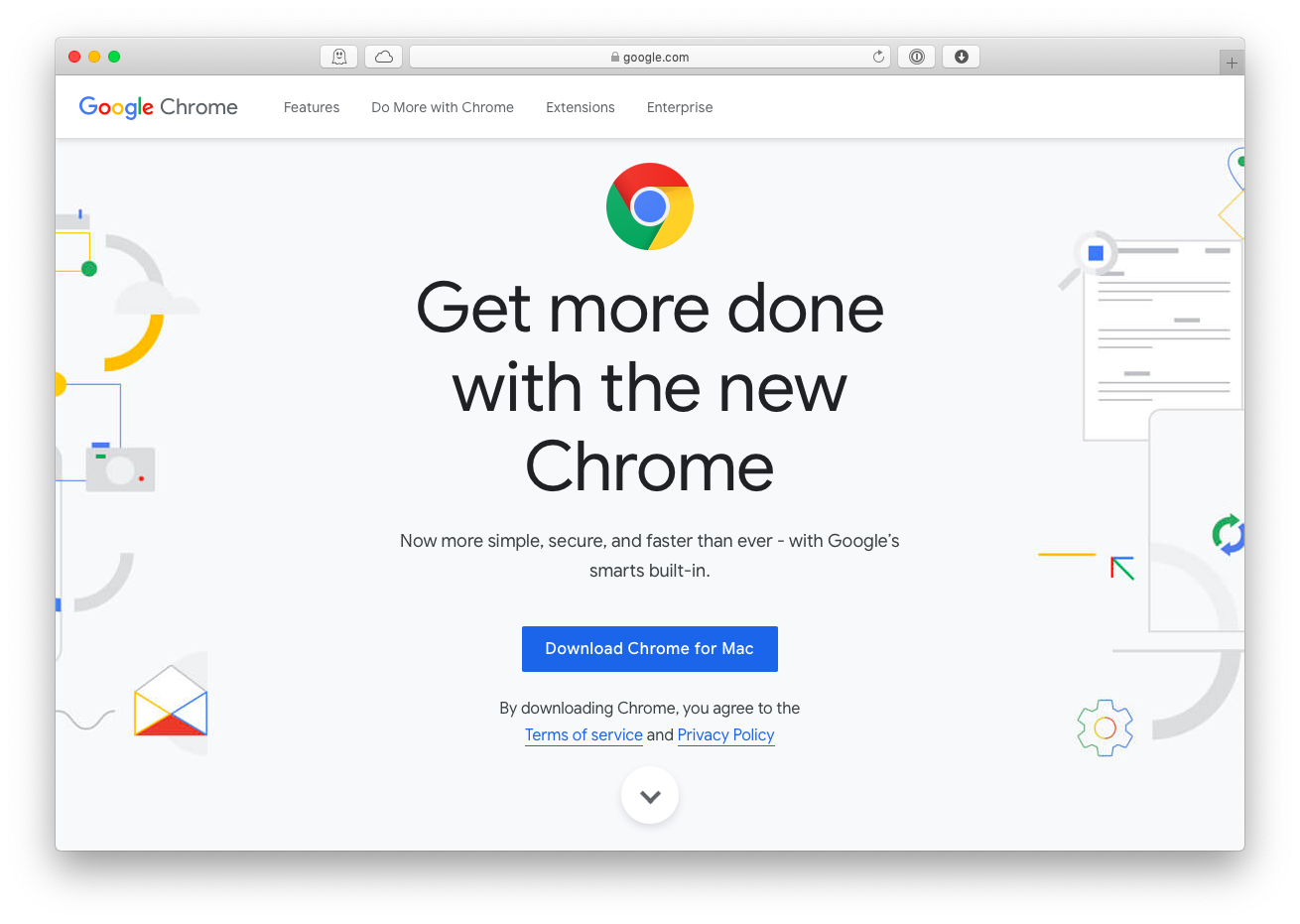

When you enter Chrome's notifications permissions section, you'll see websites listed in sections labeled "Block" and "Allow." To move a site from one section to the other, you have to click on the three little dots to the right to open a menu that contains a "Block" option. While Firefox has a prominent Settings button next to each permission category to help guide the user, Chrome's breadcrumb is a tiny arrow. In Chrome's settings, you must scroll down to the bottom, click on "Advanced," scroll down to the ambiguously labeled "Content Settings," click on that, then click on the permissions category that you want to adjust. In each of these four categories, you can delete specific sites, delete all sites in one click, and toggle "Block" or "Allow" for each site. You can isolate specific websites that are asking for webcam and microphone access, location data, and the ability to send you in-browser notifications.

These are located right off the intuitively labeled "Privacy & Security" section of the settings tab. Take Firefox's permissions settings, for example. Privacy settings could be enhanced: While Google constantly works on Chrome's security, its privacy settings could use better organization.

You can sync with Firefox and Safari, but doing so doesn't connect you to anything that resembles Google's cornucopia of cloud services. At the same time, you can opt not to sign in to Chrome and just log in to those services on their respective websites. When you log in, not only can you sync your bookmarks, browsing history and settings from other devices that you run this browser on, but you'll also get logged into Docs, Maps, Gmail, and other Google services. Google cloud services are tightly integrated: The browser itself has a Google account log-in dialog.

If you have that, then Firefox and Chrome are pretty even in our real-world usage testing.
FREE DOWNLOAD GOOGLE CHROME FOR DESKTOP 1080P
Firefox Quantum has narrowed the gap, but Chrome remains better for video above 1080p and faster than 30 frames per second, unless your PC has recent internal components that can take the load off your central processor - a system called hardware acceleration.
FREE DOWNLOAD GOOGLE CHROME FOR DESKTOP ANDROID
Microsoft's Edge browser has stolen some thunder here lately, but Edge isn't available for Windows 7 (and it's only available on Android and iOS in beta testing form), which puts a serious dent in its audience reach, and its add-on library is relatively tiny. Media-heavy pages load and scroll smoothly: Compared to Mozilla Firefox, Chrome has always fared better when it comes to streaming HD video or just loading a lot of images at once. Let's see if Chrome is still the king of the hill. At the same time, Mozilla has changed the landscape with its Firefox Quantum overhaul. The reasons for that are complex, but one of them is that Google constantly iterates to make Chrome better. Since its release in 2008, Google Chrome has gradually come to dominate the web browser market, even on platforms with pre-installed competition.


 0 kommentar(er)
0 kommentar(er)
